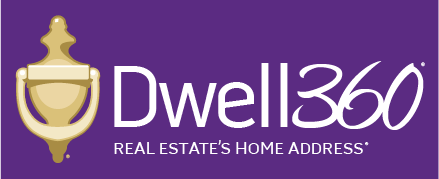Weigh the Facts Before Saying 'Yes' to a Pool
A backyard pool can be a tantalizing prospect. Deciding whether to opt for a pool, however, can be a difficult choice.
Whether you're looking for a new home or considering installing a pool at your existing residence, itemizing pros and cons can be illuminating.
Lifestyle Considerations
Benefits of a backyard pool are often directly related to age -- yours and your children's. A pool may be a worrisome nuisance for parents of toddlers, but a way to keep tabs on teenagers and their friends. Pool cleaning and periodic maintenance that provided an excuse to swim a few laps when you were in your 30s may become unwelcome chores when the leaves fall in October, especially as you age.
Most pool owners report that use decreases with familiarity. Once the novelty wears thin, it may provide more visual delight than exercise opportunity. The view may be reason enough, though, to choose one home over another; always calculate aesthetics into the equation when comparing home features.
Cost and Resale Value
The nationwideaverage cost of owning and operating an average pool is reported to be between $400-450 over the average financing term. After that, operating costs depend on a number of factors: heating and electric charges, maintenance needs, types of chemicals, required servicing, and whether or not you must drain the pool for the winter. These numbers are general; actual costs could be much higher or substantially lower. Despite the potential financial worries, regular cleaning and treatment is a must to keep a pool looking attractive and to maintain its value.
Realtors report that pools today have less effect on home prices than they did in the past. Depending on your location, a pool may be listed on either side of the value assessment. Ecology, energy efficiency, and water use have their effect on public perception. In certain subdivisions and specific parts of the country, permits are no longer issued for outdoor pools due to water restrictions.
Personal Preference Trumps All
California and Florida, perhaps not surprisingly, lead the rankings for residential pools, according to statistics compiled for the Association of Pool and Spa Professionals. Texas and Arizona are not far behind, with New York in 5th place. In 2013, the number of existing residential pools was close to 10 million.
Statistics from the International Health, Racquet, and Sports Club Association reflect that approximately 51.3 million Americans held gym or health club memberships in 2013. Working out with friends is a growing trend and, with the new availability of health clubs and fitness centers, installation of new pools is a decreasing trend.
Hot tub and spa installations are on the upswing, however, perhaps partly for their therapeutic value, although they are more popular in states with cooler climates.
Dwell360 is a residential real estate firm based in Newton, Massachusetts, servicing the cities and suburbs of metro Boston. We are focused on our customers and our experience in the residential real estate market is extensive. Search for homes in Massachusetts and then give us a call.


